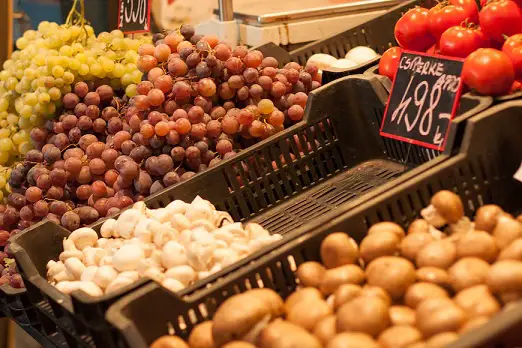Eurozone inflation came in at 10% year over year in September, a new record high which will almost assure aggressive action by the European Central bank at their upcoming meeting.
Inflation was up from August’s 9.1%, according to data from Eurostat Friday, and it beat the median estimate of 9.7%. It was the fifth consecutive month in which price growth outstripped the forecasts of experts.
Food and energy costs are still the primary driver of the inflation. The main contributor was unsurprisingly energy, which spiked 41% annually in September across the 19 countries which use the euro. Unprocessed food rose 13% by comparison.
Absent the effects of food and energy, inflation rose 6.1%, up from 5.5% in August. The data contained an even more restricted measure, excluding alcohol and tobacco, which showed prices rose 4.8% in September, up from 4.3% in August.
Estonia, Lithuania, and Latvia all came in at rates over 22%. The Netherlands came in at 17.1%, up from under 14% in August. Slovakia was also above average, coming in at 13.6%.
Germany earlier reported year on year growth of 10.9% in September, which was up from 8.8% in August. Germany also reported the inflation was being produced by spiking food and energy prices.
The new data is adding to fears that the ECB will now pursue an even more aggressive round of monetary tightening at its next meeting on October 27th, following its aggressive moves in July and September,
Investors now expect the 0.75% deposit rate to rise to roughly 2% by the end of the year, and then to roughly 3% by next spring, before holding steady.


